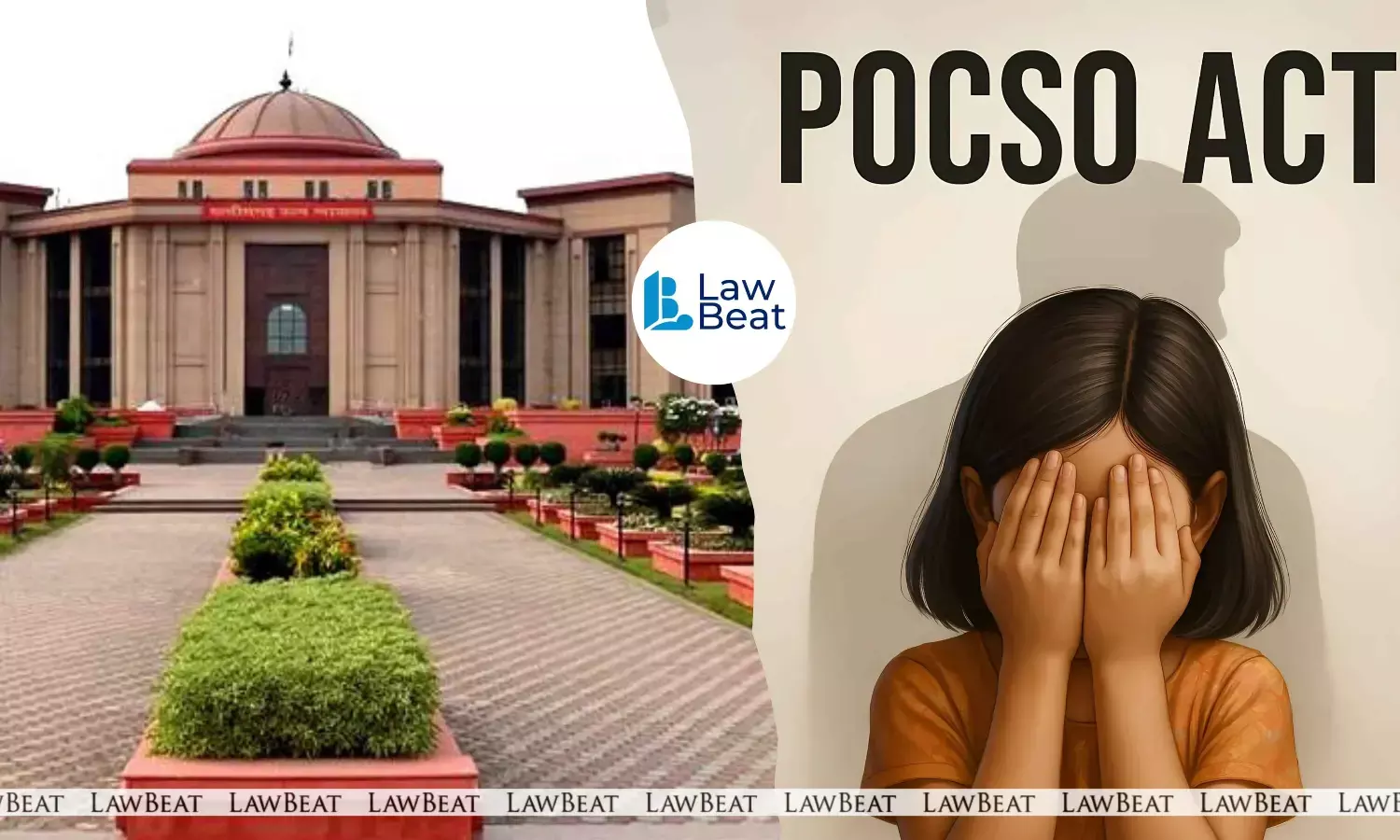'No Leniency for Child Sexual Offences': Chhattisgarh High Court Upholds 20-Year Jail Term for Gangrape of 13-Year-Old

The Chhattisgarh High Court has affirmed the conviction and 20-year sentence of three men—Panku Kashyap, Manoj @ Kanwal Baghel, and Pinku Kashyap—for gangraping a 13-year-old girl during a wedding celebration in Kondagaon district.
The bench of Chief Justice Ramesh Sinha and Justice Bibhu Datta Guru dismissed their appeals, holding that the trial court had rightly convicted them under Section 6 of the Protection of Children from Sexual Offences (POCSO) Act.
In a headnote to the judgment, the division bench wrote:
"Any act of sexual assault or sexual harassment to the children should be viewed very seriously and all such offences of sexual assault, sexual harassment on the children have to be dealt with in a stringent manner and no leniency should be shown to a person who has committed the offence under the POCSO Act."
The incident occurred on April 26, 2019, when the girl and her friend stepped out of a crowded wedding venue in Village Makdi to use a nearby field. The victim testified that four boys dragged her away and raped her in turns, while her friend was restrained. She later identified the accused—residents of nearby villages—by the light from their mobile phones, and with help from villagers in Ambal where the groom’s party had originated.
The next day, she lodged a complaint with the Kondagaon police. Based on her statement, a case was registered under Sections 376-D and 506 of the IPC and Sections 4 and 6 of the POCSO Act. The police carried out medical examinations of the victim and the accused, seized the clothing involved, and forwarded the biological evidence for forensic analysis.
During the trial, the prosecution examined 12 witnesses, including the victim, her family, her friend, medical officers, and the investigating officer. The minor’s testimony was consistent and detailed. She clearly described the assault and identified the accused. Her medical report showed torn hymen and vaginal injuries. Forensic tests revealed semen stains on her underwear and the undergarments of the accused. Doctors also confirmed that all three accused were capable of sexual activity, and fresh injuries were noted on two of them.
The defense argued that the case was built solely on the victim’s version, pointing to alleged contradictions and claiming false implication. It questioned the absence of immediate corroboration, the lack of injuries on the accused, and challenged the method used to determine the girl’s age. But the court found these contentions unconvincing.
Referring to school admission records, the court held that the girl was 13 years old at the time of the incident, squarely attracting the POCSO provisions. The defense had offered no proof to rebut this.
Citing Supreme Court precedents, the high court said a rape victim’s statement, especially in child sexual assault cases, need not be corroborated if it inspires confidence. “A girl or a woman in the tradition bound non-permissive society of India would be extremely reluctant even to admit that any incident which is likely to reflect on her chastity had ever occurred,” the court observed. “She would be conscious of the danger of being ostracized by the society and when in the face of these factors the crime is brought to light, there is inbuilt assurance that the charge is genuine rather than fabricated," court added.
Calling such crimes “a degradation not only of the body but also of the soul,” the court said there was no reason to interfere with the lower court’s findings. The conviction is supported by consistent eyewitness testimony, medical findings, forensic confirmation, and absence of any credible defense, the bench concluded, dismissing the appeals.
Case Title: Panku Kashyap vs State Of Chhattisgarh and Connected Matters
Download judgment here
